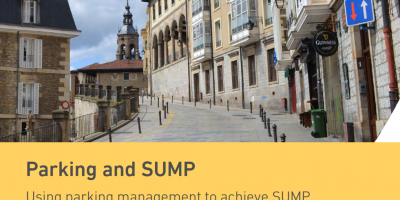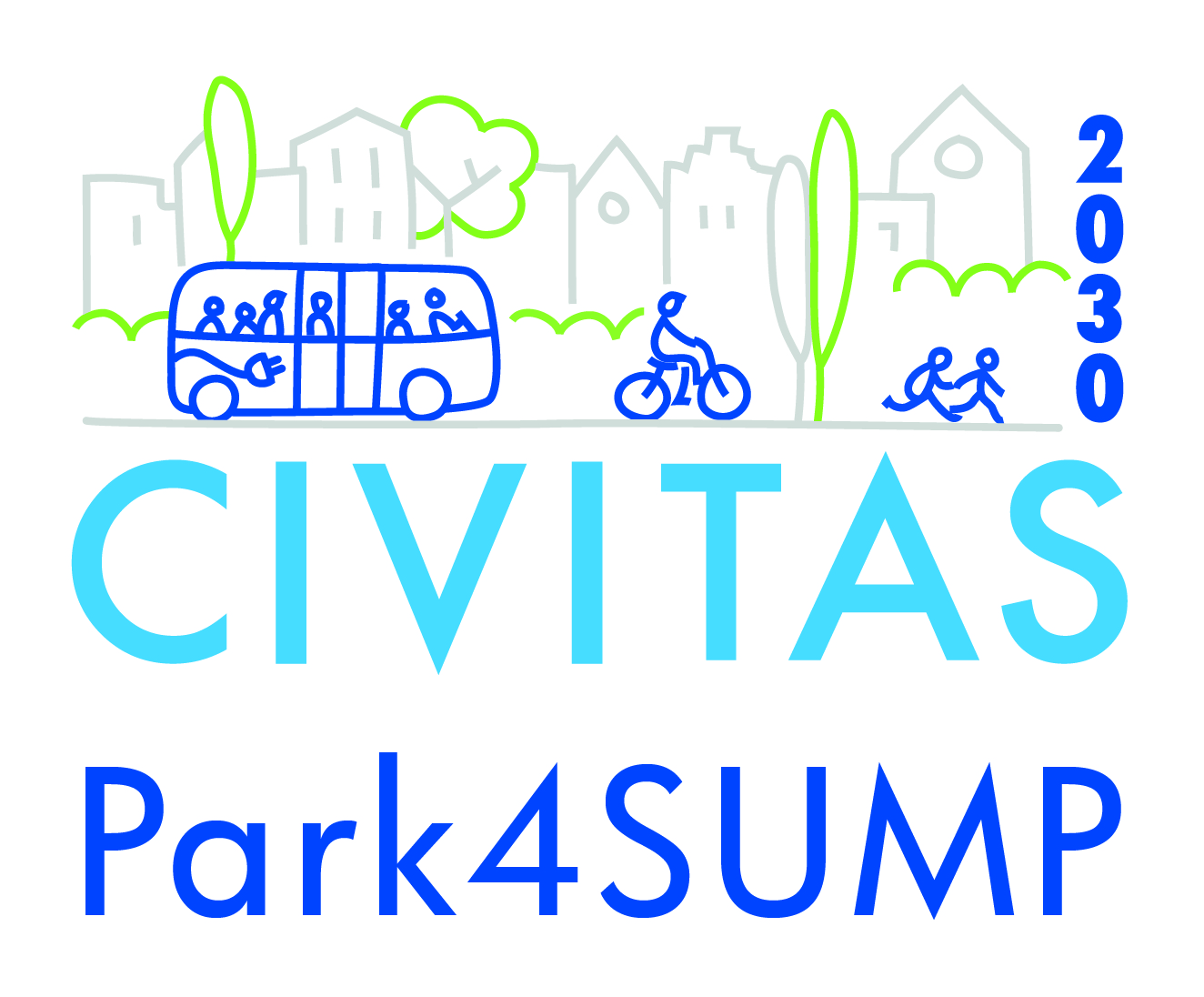Park4SUMP published topic guide on SUMP and parking management

Park4SUMP recently published the topic guide on parking management and SUMP. The joint effort of UIRS, Napier University, Mobiel21, POLIS Network and Difu includes the main project outcomes from 16 Park4SUMP cities and connects them with the SUMP principles. The ‘ELTIS Topic Guide on Parking and SUMP - Using parking management to achieve SUMP objectives effectively and sustainably’ is available here and in our project library.
The four Park4SUMP focus topics of on- and off-street parking, as well as parking strategy measures, and innovation in parking management are highlighted. This unique combination of project results, the SUMP framework and the results of more than four years of research constitutes this handy guide for city officials that aim to review or set up a parking management strategy in line with their SUMP.
Since parking policy, and any potential change of it, is a highly contested issue in most European cities, an integration of parking measures into a SUMP can foster the acceptance for change and accelerate the long-term goals of the local SUMP. As stated in the topic guide: The key point regarding parking in sustainable urban mobility planning is that it has to be seen not simply as something to facilitate parking a vehicle, but as a core and strategic measure for managing travel demand and achieving SUMP objectives (P18).
Several key messages about parking management are highlighted in the framework of the topic guide, which should encourage European cities to consider the revision or creation of their parking management strategy in the framework of the SUMP. For example, parking management:
- Is a strategic tool to be used in SUMPs and not solely about facilitating the parking of motor vehicles.
- Has many benefits to the local economy, for improved safety, the better use of public space and so forth. These make powerful arguments for parking management and refute some of the arguments that are used to reject the idea of parking management.
- Is one of the few tools that are available to most cities and regions to manage demand for motor traffic. This is especially important because if SUMPs are to change the way people travel and reduce dependence on the private car, demand management measures are essential.
An additional strength of the topic guide is the highlighting of those phases in the SUMP planning cycle where potential parking management measures can be extremely helpful. This link between policy recommendations from the Park4SUMP consortium and the reference to the related step in the SUMP cycle is very helpful.
